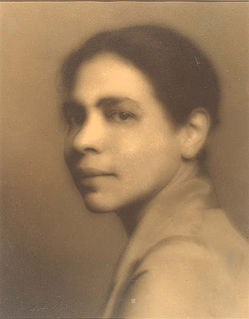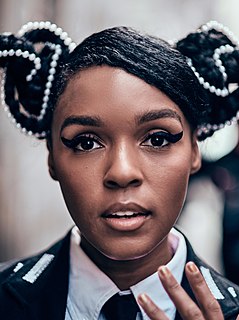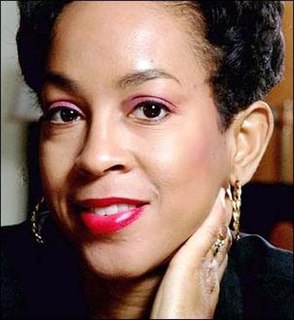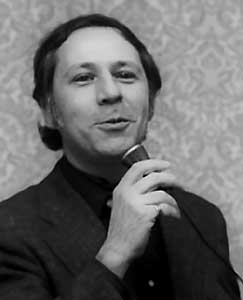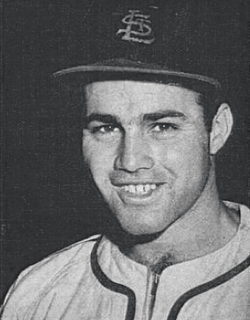A Quote by Jess Row
White Americans have the option of not having to think about race on a daily basis. People of color don't. Race is a major deciding factor in their lives and the histories of their families.
Related Quotes
People approach people of color with preconceived ideas. I don't think this is just restricted to white people, but I think that lots of black and white artists, when race is a subject matter, they put race or the ideology around race first. They don't see the person and the complications of the human being.
These people yapped loudly of race, of race consciousness, of race pride, and yet suppressed its most delightful manifestations, love of color, joy of rhythmic motion, naive, spontaneous laughter. Harmony, radiance, and simplicity, all the essentials of spiritual beauty in the race they had marked for destructions.
I think it is difficult to achieve a meaningful political coalition if you have race-based programs that divide members of the coalition. The problem I have, however, is that white people assume an either/or position: Either we have race-based programs or we don't. What I see is comprehensive social reform that includes race-based and race-neutral programs.
I don’t believe it is possible to transcend race in this country. Race is a factor in this society. The legacy of Jim Crow and slavery has not gone away. It is not an accident that African-Americans experience high crime rates, are poor, and have less wealth. It is a direct result of our racial history.
The whole basis of working in black and white and grays became the basis of my understanding of color, because it's all about tone, it's all about light and dark. If you don't get that, then your color work is going to be a mess. So that's the beginning of the toolkit: drawing and black and white media.






